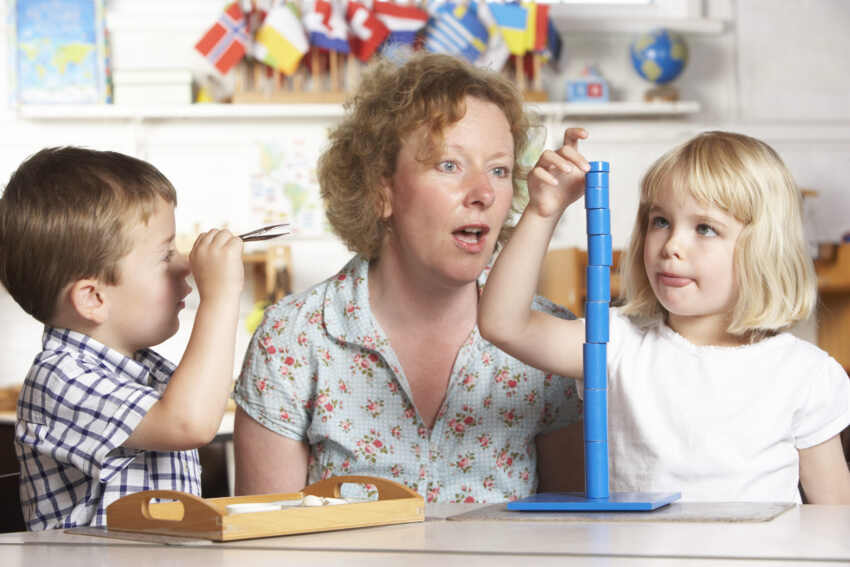Inside the Mind of a Montessori Teacher: Balancing Freedom and Structure
Inside the mind of a Montessori teacher, you will find a delicate blend of freedom and structure. The Montessori education philosophy is based on the principle that children have an innate desire to learn and are driven by their own curiosity. However, this approach also recognizes the need for a structured environment to support their development. Balancing these two elements is key to fostering a successful Montessori classroom.
The Montessori Philosophy: Freedom
One of the defining characteristics of the Montessori approach is the emphasis on freedom for the child. Montessori teachers understand that children learn best when they are given the freedom to explore and discover at their own pace. This means creating an environment where children can choose their own activities and follow their own interests.
The freedom in a Montessori classroom extends beyond just choosing activities. It also includes the freedom to move around the classroom and work independently or collaboratively with their peers. This freedom allows children to develop their sense of autonomy and responsibility.
Creating a Structured Environment
While freedom is an essential component of a Montessori classroom, structure is equally important. Montessori teachers work hard to provide a structured environment that supports children’s development. This structure is not rigid or authoritarian but rather a carefully designed framework that guides and supports children’s learning.
Montessori classrooms have specific areas for different activities such as language, mathematics, practical life, and sensorial exploration. Each area is equipped with materials that are carefully chosen to facilitate learning. These materials are organized and presented in a logical sequence, allowing children to build upon their previous knowledge and skills.
Observation and Individualized Instruction
An essential aspect of a Montessori teacher’s role is observation. Montessori teachers carefully observe each child to understand their unique learning style, interests, and needs. This allows them to provide individualized instruction and support to each student.
Based on their observations, Montessori teachers create individualized lesson plans that cater to the specific needs of each child. They provide guidance and support when necessary and step back when the child is demonstrating understanding and independence. This individualized approach ensures that each child receives the necessary attention and support to reach their full potential.
Encouraging Independence and Self-Discipline
One of the primary goals of a Montessori teacher is to foster independence and self-discipline in children. Montessori classrooms are designed to allow children to develop these essential life skills at their own pace.
Teachers encourage children to take responsibility for their learning by setting their own goals and planning their activities. They promote self-discipline by maintaining consistent classroom expectations and providing clear guidelines for behavior. Montessori teachers understand that true self-discipline comes from within and are dedicated to guiding children towards developing this crucial trait.
In the mind of a Montessori teacher, the delicate balance between freedom and structure is ever-present. They understand the importance of providing children with the freedom to explore and learn independently, while also creating a structured environment that supports their growth. Through careful observation and individualized instruction, Montessori teachers empower children to become independent, self-disciplined learners. It is this balance that fuels the success and effectiveness of Montessori education.
Nidhin
For More Details Call: +917510220582

